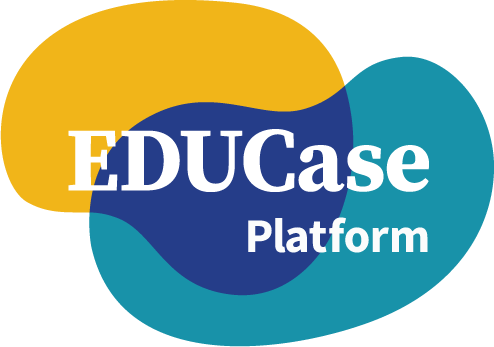Aalto University and Nelson Mandela University join forces in climate-smart forestry entrepreneurship

The focus of the student challenge was on developing and evaluating novel business applications for plant biomass derived from invasive alien species that have encroached upon South Africa's ecosystems. Notable invaders include black wattle, pine, and eucalyptus, posing significant threats to water security, land economic value, and indigenous biodiversity.
The Forest 21 challenge was conducted by participants from Aalto University and Nelson Mandela University with backgrounds, including Chemical Engineering, Business Management, Entrepreneurship, and Design. To gain firsthand insights, Aalto's student team visited George, South Africa, in spring 2022, collaborating with forestry students from Nelson Mandela University (NMU). The student’s methodological approach was based on affinity diagramming, a method of contextual enquiry and analysis that integrates well with the Human-Centered Design approach. Affinity diagramming involves sorting insights and stakeholder pain points.
Based on the methodology, the collaborative effort included engaging with local stakeholders from the Centre for Agriculture and Bioscience International (CABI) and Environmental Planning in the Knysna municipality. The team also met with forestry companies operating in the region and members of rural communities affected by IAS. These interactions provided a holistic understanding of the challenges posed by invasive species and emphasized the interconnectedness of the issue with socio-economic systems. According to Aalto students, the stakeholder meetings were insightful and advanced their perception and knowledge regarding the multiplicity of the challenges.
After evaluating existing biomass applications, the team decided to focus on developing a novel construction material utilizing biomass. The aim was to conceptualize a material that was resilient, fire-resistant, and compatible with building construction. The team further worked on a systemic business plan that involved major stakeholders in an ecosystem addressing the multiplicity of challenges of the IAS, with the community at the forefront. By creating a cooperative model that partners with construction companies, the student challenge aimed to generate jobs for rural workers, ensure a steady supply of biomass, and provide fire-resistant homes for the community.
Over three months of collaboration, the students synergized their diverse expertise, with Aalto's students contributing engineering and business considerations, and NMU students providing practical forestry knowledge. "The teamwork between the two universities has been one of the strongest assets of the project," acknowledged a student team member from Nelson Mandela University.
The FOREST 21 project exemplified the power of international, multidisciplinary collaboration in addressing pressing environmental challenges. The innovative solutions developed by the diverse student teams underscored the importance of holistic approaches to mitigate the impact of invasive alien species on ecosystems and communities.
Read more news
Breaking the Darkness: Tackling energy crisis in Lesotho
Lesotho, often called the Kingdom in the Sky due to its high altitude, faces a severe energy crisis, with nearly half of its population lacking access to reliable electricity.
Transforming Interdisciplinary Education: Sustainable Global Technologies (SGT) Across Four Continents
The true impact of our actions often unfolds over time, as demonstrated by the students at the SGT FAIR’24 on May 22. Their work showcased how a single student challenge can drive significant change.
A Global Learning Space: Empowering Students for Responsible Global Engagement
As part of the EDUCase network, the University of Oulu has offered to be the testing ground of a virtual learning initiative that aims to revolutionize virtual learning.
